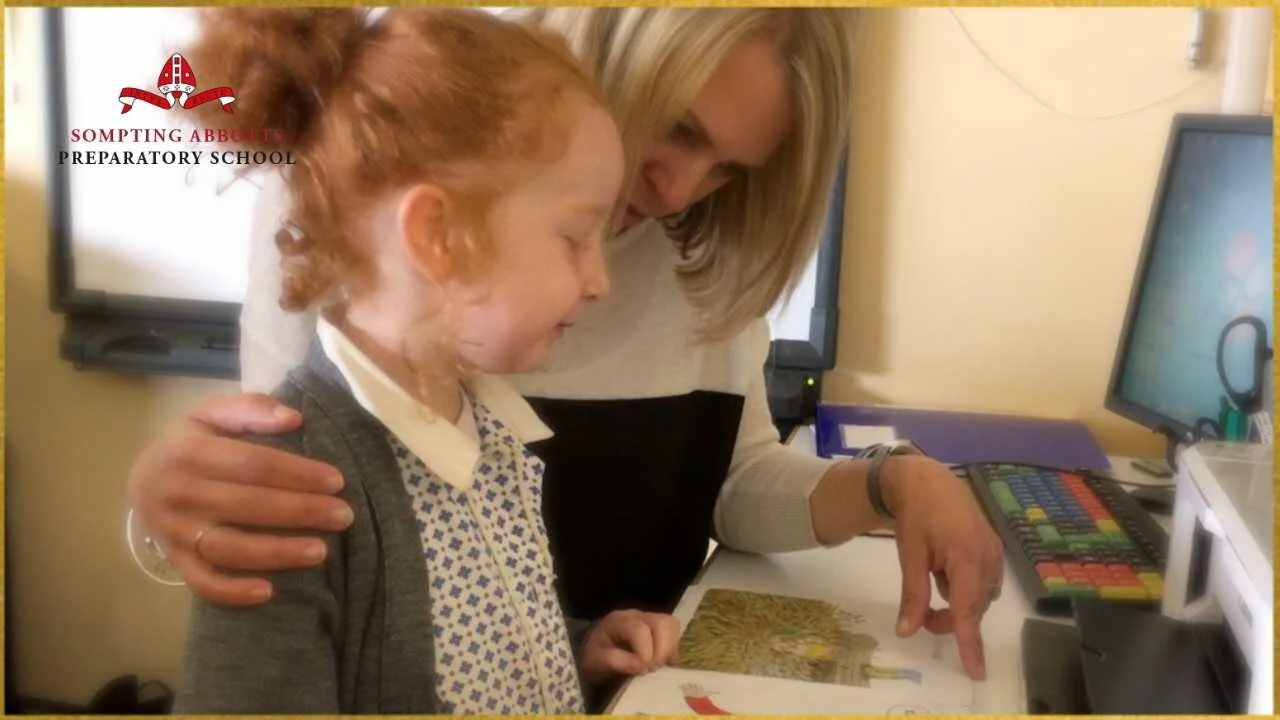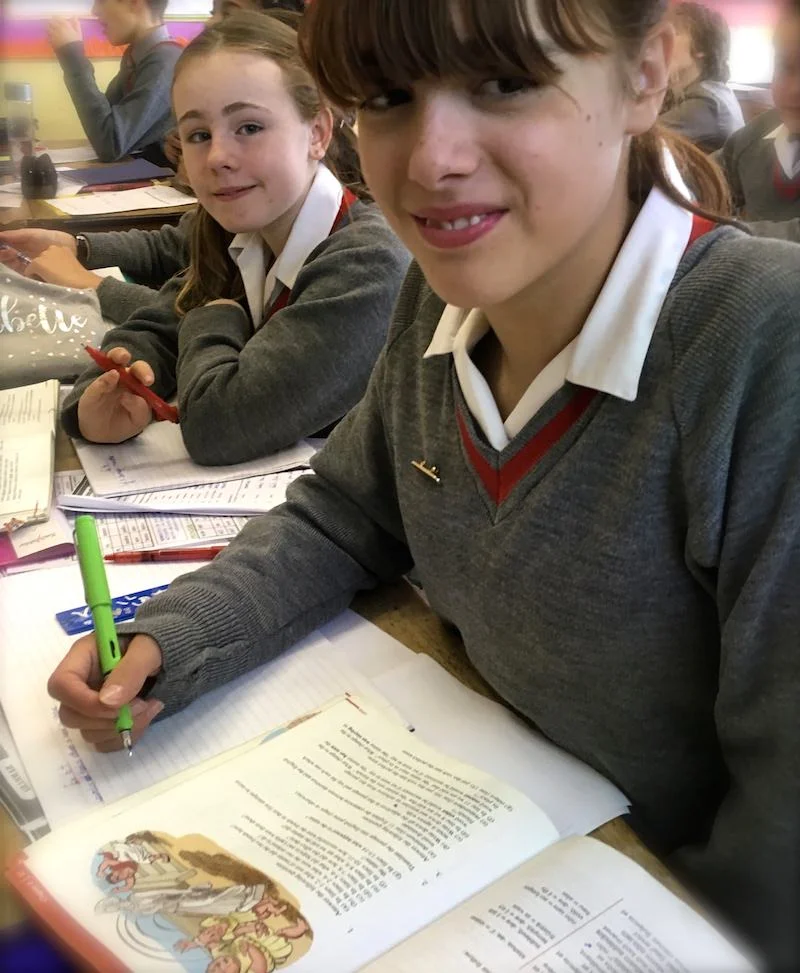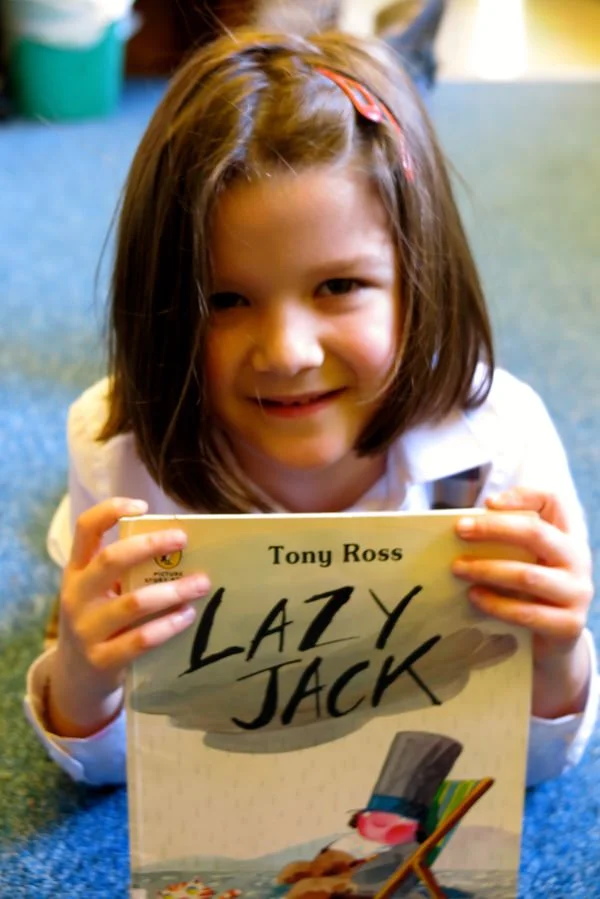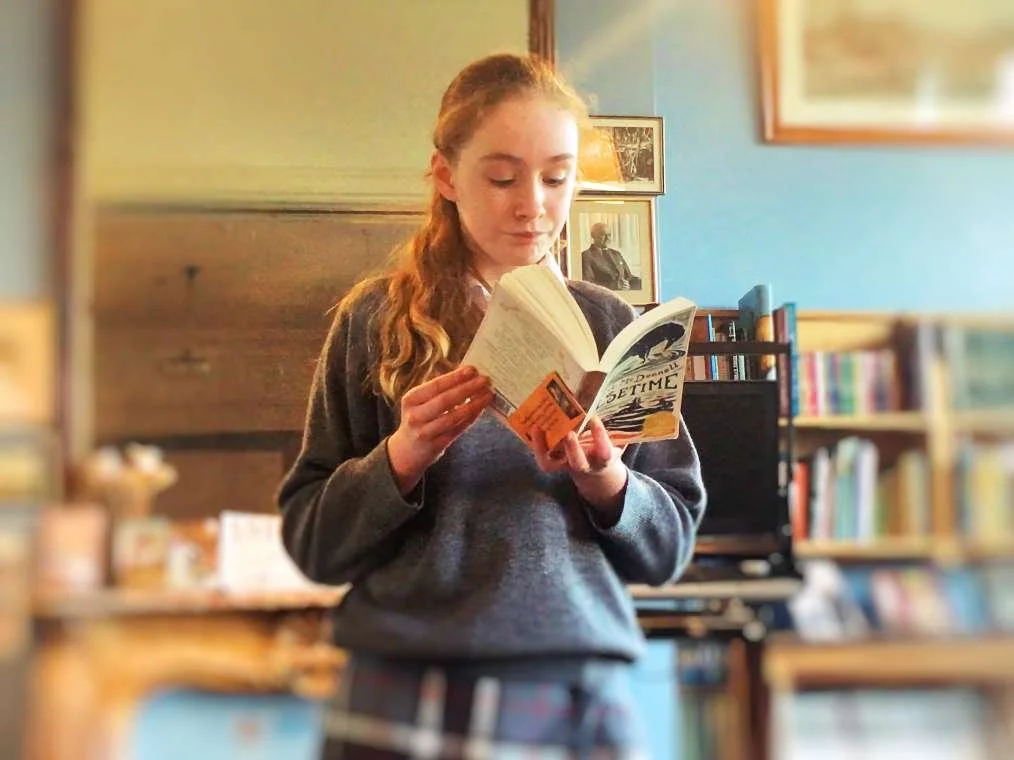11 essential tips for hearing your Key Stage 1 child read aloud at home
/Could the amount of time you set aside to listen to your Key Stage 1 child read aloud at home make a difference to his or her future academic achievement?
Should you ask your child to read to you every day?
And if she or he doesn’t want to, should you insist or let it go?
We’ll answer all these questions below. But one thing’s certain. Early literacy skills are key to your child’s future success.
Recent research from the University of Edinburgh proves that children who can read well at age seven do better academically as teenagers.
It’s the youngsters with a good reading ability at primary school who end up performing much better in their teens in IQ tests for abstract thinking, general cognition and pattern finding, according to the study. Early reading even improves their mathematics skills.
At Sompting Abbotts, we’ve seen that children learn to read better the more one-to-one attention they get.
We have small class sizes (most are maximum 15 children). That means all Key Stage 1 children (aged 4 - 7) are heard read aloud individually for at least 15 uninterrupted minutes each day by their teachers.
“Don’t underestimate the value of investing a little time each day in your child’s reading. The adage of little and often (five to 10 minutes is fine!) is the best way to avoid frustration and build confidence.”
Video: 2 mins. Could the amount of time you set aside to listen to your Key Stage 1 child read aloud at home make a difference to his or her future academic achievement? Should you ask your child to read to you every day? And if she or he doesn’t want to, should you insist or let it go? Sompting Abbotts' teachers have all the answers.
We also encourage our parents to support their children in their reading journey by putting aside a few minutes each day. We ask them to try to listen to their child read their school book aloud if they can manage it. (If they – or their child – are tired, we suggest five minutes in the morning. Everyone tends to be much fresher and willing first thing!)
The books sent home for reading, with reading diaries, are carefully selected to match each child’s interests and progress.
Below, you'll find our top 10 tips for how to hear your child read aloud properly at home. Being patient, not over-correcting and making it fun are skills in themselves that are useful for parents to learn!
A child in Year 2 at Sompting Abbotts doing her daily reading with her teacher
“All our Key Stage 1 children (aged 4 - 7) are heard read individually each day by a teacher for at least 15 uninterrupted minutes.”
Top 10 tips on how to hear your child read aloud to you
Try to get in the habit of having your child read to you every day. Choose a quiet, undistracted time and snuggle up.
For under-7s, 5 - 10 minutes is usually long enough. Little and often is best.
If it’s a new book, always start by having a look at the book’s cover, title, pictures and characters.
When your child tries to 'sound out' words, encourage the use of phonetic letter sounds rather than 'alphabet names'. So for ‘cat’ you’d say c-a-t; not CAT.
Don’t pressurise if he or she’s reluctant. If your child loses interest, then do something else and come back to it at a better time.
Maintain the flow. If your child mispronounces a word don’t interrupt immediately. Instead allow opportunity for self-correction. It’s better to tell a child some unknown words or give clues from the pictures to keep things moving rather than insisting on their trying to build them all up from the sounds of the letters.
Use the pause, prompt, praise technique. If they make a mistake, pause for a few seconds to see if they self-correct, then prompt by asking: “Does that makes sense?” Or give the sound they’re struggling with, or help them sound it out. Then praise them for finishing the page or trying hard.
Be positive. Don’t correct every word if what they’re reading makes sense. Say they say ‘his dad’ and it says ‘his father’ – just carry on.
If your child says something nearly right to start with, that’s fine. Don't say “No, that's wrong,” but “Let's read it together”, and point to the words as you say them. Only help if they’re really stuck and boost your child's confidence with constant praise for even the smallest achievement.
Make sure the book is the right level to build up your child’s confidence. Struggling with a book with lots of unknown words is pointless for your child. Flow gets lost and words can’t be understood. You need to smooth their path because discouraged children can easily become reluctant readers.
Remember, there’s more to being a good reader than just being able to read the words accurately. Always talk to your child about the book; about the pictures, the characters and ask them what was their favourite part. You’ll then be able to see how well they’ve understood and help them develop better comprehension skills.
“A final tip! Screens – be they digital or the TV – are a fixture in all our children’s lives now. Did you know that just by turning the subtitles on you can double the chance of your child becoming good at reading? They won’t even know you’ve done it and it will work its magic by itself.”
Reading in Reception Class at Sompting Abbotts Prep School
“The more that you read, the more things you will know. The more you learn, the more places you’ll go.”
Reading is linked to academic achievement
Psychologist Dr Stuart Ritchie, of the University of Edinburgh, says: “We’ve found that those who are better at reading tend to be smarter later in their development.
“Even at the age of seven you can already see the effect. It’s perhaps not a shock to learn that better readers develop higher levels of verbal reasoning.
“But what’s perhaps more surprising is that children who have a better ability to read do better in non-verbal tests.”
Reading is the number-one skill for parents to encourage in the early years of school. It sets children up to succeed.
Of course, reading doesn’t happen all at once. Nor is it just one skill. It’s a whole collection of them. It includes decoding letter sound relationships to make the words, sight word recognition and then comprehension.
English isn’t an easy language to learn to read. Like most UK schools, we use the phonics method by teaching children to read by linking sounds (phonemes) and the symbols that represent them (graphemes, or letter groups).
But there are lots irregular words that don’t follow the rules of phonics. So those ones have to be learned by sight.
It usually takes children some years to become truly independent readers. Every child learns at a different pace. So don’t worry if your child seems to be ‘behind’ others in their class. Don’t get sucked into peeking into other children’s book bags either to see if they’ve got a harder reading book. Children’s progress isn’t steady or linear – many are late starters.
“Children are made readers on the laps of their parents. ”
Reading’s where the magic happens…
Finally, try and get into the habit of reading a story or chapter of a book to your child every evening.
Bedtime stories have lots of brainy benefits. When your child reads to herself, she has to juggle all the demands of reading. That includes decoding the letters, understanding words, putting together sentences and making meaning of what she’s reading.
But when you read to your child, you transport him or her via your voice to a different world and expose them to new words in a way that makes it easier to process.
Most children cherish stories at bedtime. A study by the the Kids and Family Reading Report showed that 75% of parents, whose children are aged five and below, read aloud to them on a nightly basis. But for parents of six- to eight-year-olds, the figure dropped to 37%, and for nine- to 11-year-olds, to just 20%.
Of the children aged six to 11, whose parents no longer read aloud to them, almost one-third said they had not wanted their parents to stop.
Bedtime stories allow you to introduce your child to more advanced books, encourage a love of fiction and expose them to vocabulary on different topics so they hear words or phrases they don’t normally encounter in their day to day lives. The more words they know, the better!
So try and introduce your child to lots of different types of authors and book styles at bedtime. It’s a great way to introduce them to trickier books and classic works of literature they may not be able to tackle on their own.
Include a mix of genres. Most little ones aged six and over enjoy fantasy novels that spark their imagination (we love Roald Dahl and C.S Lewis for starters).
Or tales of life around the world that foster understanding of other cultures (how about Astrid Lindgren’s Pippi Longstocking series or Laura Ingalls Wilder’s Little House in the Prairie)?
Or if they’re a little older, then story books with a historical setting that teach them about the past? Michael Morpurgo’s The Butterfly Lion about World War 1 or Kaspar Prince of Cats about the Titanic story are wonderful for introducing history themes.
Carry on even after they can read more fluently for themselves.
Once you’ve truly lit the spark of love for reading, they’ll soon be doing much more of it for themselves.
And you’ll find you miss those bedtime story sessions!
















































